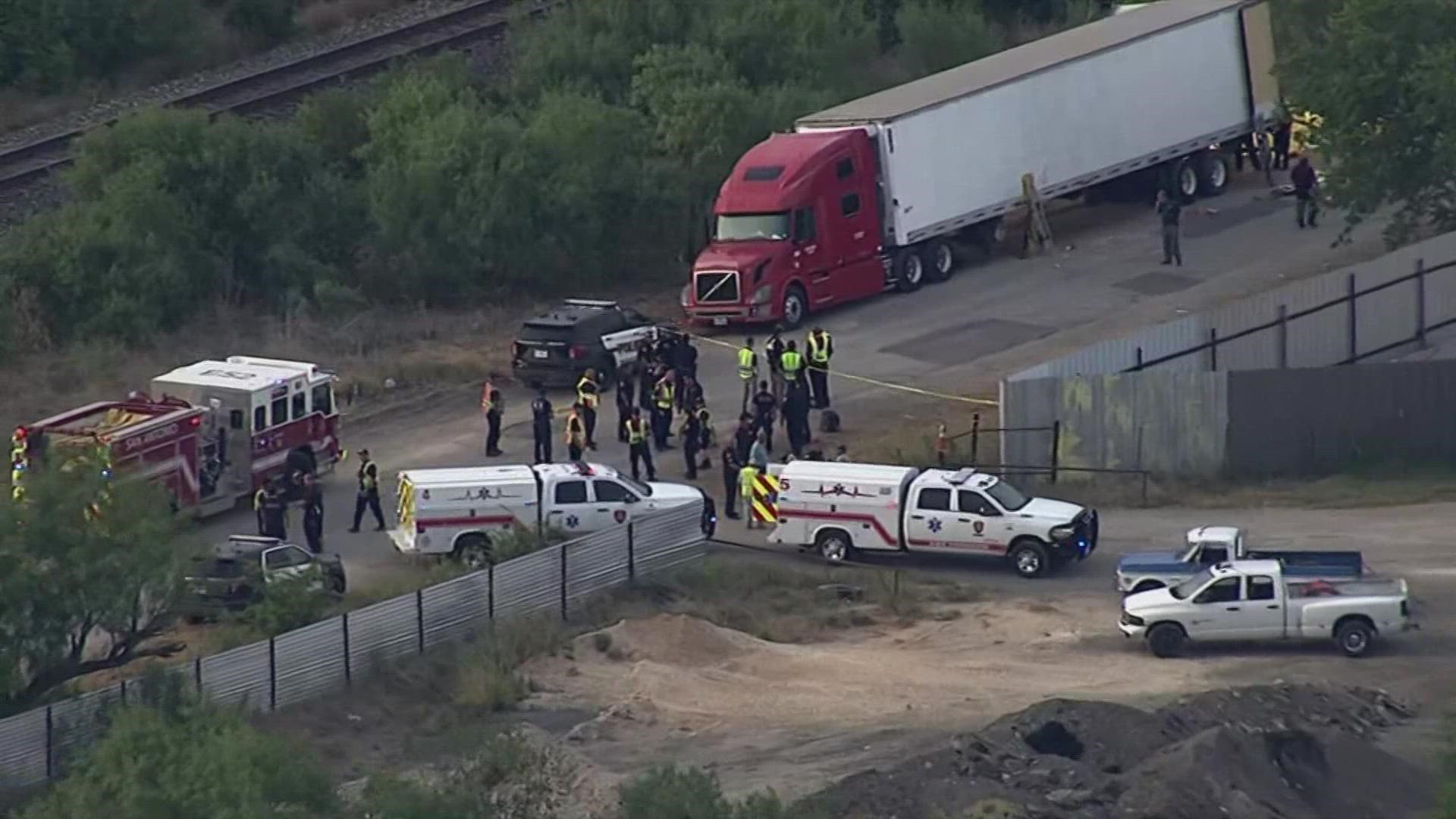TEMPLE, Texas — A new federal law has closed a loophole allowing individuals who physically abuse their domestic partners to still buy or own a gun.
An organization that helps domestic violence survivors told 6 News, the law won't be enough to take guns away and women can still be left in danger.
When a spouse, or a person who has children with another person, is convicted of violence against their significant other, federal law formerly included a "misdemeanor crime of domestic violence".
A person convicted of that charge would lose the right to buy or possess a gun.
While the charge was meant to better protect a domestic violence victim from harm, there was also a catch.
If two people where only dating, and the perpetrator was simply a boyfriend or girlfriend, the "misdemeanor crime of domestic violence" would not apply and the perpetrator could continue to buy or hold firearm. Thus, there was a "boyfriend loophole."
New federal legislation signed by President Joe Biden on Saturday now removes that loophole. As of Saturday, any person in a "dating relationship," who is convicted of a domestic violence change, will also loose the right to buy or possess a gun.
The law defines "dating relationship" as "a relationship between individuals who have or have recently had a continuing serious relationship of a romantic or intimate nature."
Unfortunately, the law will affect Texas for two reasons: The state already had a similar law in place, and neither law requires law enforcement to specifically disarm a domestic violence perpetrator when a court decides a person may not possess a firearm.
"The state addressed this many years ago, and so did many other states," Defense Attorney Kyle Watkins.
Watkins referred 6 News to Texas Code of Criminal Procedure Chapter 42, and Texas Family Code Section 71.0021, which already has language nearly identical to the federal law, specifically: "'dating relationship' means a relationship between individuals who have or have had a continuing relationship of a romantic or intimate nature."
Watkins said a person convicted of a "misdemeanor crime of domestic violence" charge would be told by a judge that he cannot possess a weapon or ammunition.
If the individual had a firearm, Watkins said it's possible the firearm would have been confiscated if officers encountered a firearm on the day an arrest was made or if they encounter a gun during a search which was authorized by a warrant.
At the same time, he said law enforcement will not typically go back to a property after an arrest, protective order, or conviction for the sole purpose of securing additional firearms.
"As a general proposition, there is not going to be anyone following the issuance of a magistrates order of emergency protection that goes and searches the residence for any guns or, as a condition of bond, goes and searches the residence for any guns. That's not something that ordinarily happens," Watkins said.
That means, while a charged or convicted domestic violence offender person may have lost the right to possess a firearm or ammunition, it's entirely possible for them to hold on to existing firearms in their possession.
Aware Central Texas Executive Director Misty Biddick told 6 News the lack of enforcement makes a situation more dangerous when a person is fleeing a domestic violence situation.
"As a domestic violence advocate and person having worked with perpetrators of domestic violence ,I think it's a huge problem. Because we know that they have them (firearms). We know the danger of them having them and not having mechanisms in place to take those out of their hands... We put all of this legislation into place but there is no mechanism to enforce it and there lies the problem," Biddick said.
Biddick said the federal law closing the boyfriend loophole will help some states that don't currently have such a law in place, but more needs to be done.
"I think we really need to start looking at protocols and working with community correction and law enforcement and the courts. And when we know that these perpetrators are not supposed to have firearms, that we look at the protocols to insure they don't have the firearms," Biddick said.
Also on KCENTV.com:

